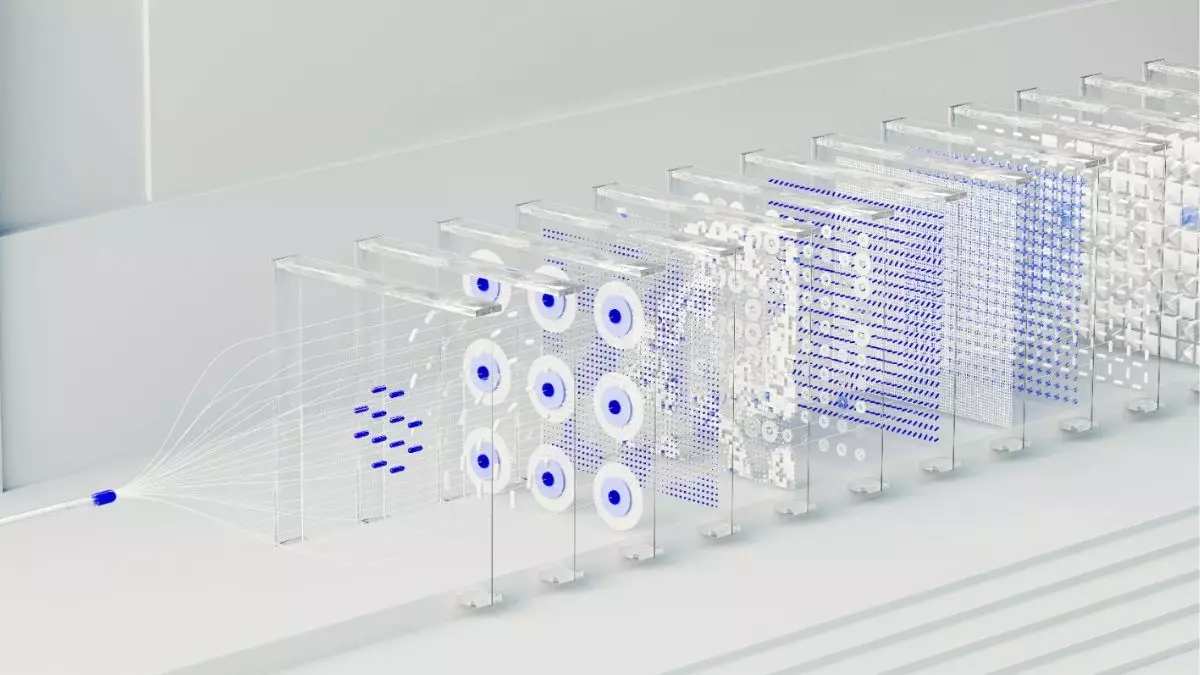In the ever-evolving landscape of technology and innovation, the entry of Tetsuwan Scientific, a San Francisco-based startup, presents a formidable move in the realm of artificial intelligence (AI) applied to scientific research. Founded in 2023 by CEO Cristian Ponce and Chief Technology Officer (CTO) Théo Schäfer, this ambitious company has emerged from a period of stealth development to unveil its groundbreaking ideas and concepts regarding the role of AI in the laboratory. With the backing of significant seed funding, Tetsuwan Scientific aims to create intelligent software and robotics that revolutionize how scientific discovery is approached.
A New Approach to Scientific Automation
One of the fundamental challenges facing contemporary scientific research is the predominance of automation that emphasizes high-throughput experimentation rather than variability in experimental design. Traditional lab robotics have been predominantly programmed to follow specific protocols; they operate somewhat like assembly lines rather than as flexible assistants capable of aiding scientists in innovative ways. Tetsuwan Scientific seeks to address this shortfall by developing technologies that interpret scientific intent, allowing robots to function autonomously within a laboratory setting.
By integrating advanced AI capabilities with lab robotics, the company envisions a future where experiments can be conducted without human oversight. The crux of Tetsuwan’s innovation lies in its assertion that current robotic systems lack the intellectual capacity to understand the researcher’s intent, which limits their effectiveness. This disconnect presents an opportunity for Tetsuwan Scientific to create an AI system that can recognize and process scientific hypotheses, enabling it to design and execute experiments with minimal guidance.
A standout feature of Tetsuwan Scientific’s approach is its commitment to leveraging generative AI models, particularly large language models (LLMs). Ponce has emphasized how these models can streamline the communication of complex scientific tasks to robots, effectively breaking down language barriers between human intent and machine action. Instead of laboriously coding each experimental protocol—a task that can waste substantial time and resources—scientists may simply articulate their objectives to the AI-driven robotics system, which can then autonomously conduct experiments in alignment with those objectives.
Moreover, the company has recognized the potential pitfalls of AI, such as hallucinations—scenarios where the AI generates misleading or inaccurate information. To mitigate this risk, Tetsuwan Scientific is exploring the Retrieval-Augmented Generation (RAG) framework, which enhances the reliability of AI output and ensures that the robots remain grounded in scientifically sound practices. In doing so, Tetsuwan is not merely developing a robotic assistant but is instead building a comprehensive system that embodies the scientific method.
Tetsuwan Scientific’s robotics are markedly different from typical humanoid robots; the company is focused on developing non-humanoid machines with a sleek, square glass-like design. These robots are engineered to be equipped with sophisticated sensors and powered by the company’s unique AI software. The aim is for these robots to assess experimental results independently, achieve necessary adjustments, and maintain rigorous technical standards.
During this developmental phase, the company has partnered with La Jolla Labs, particularly working on RNA therapeutic drug development. These collaborations demonstrate not only the versatility of Tetsuwan’s technology but also its practicality in real-world applications. While Tetsuwan Scientific is still in its early stages, the prospect of autonomous robotic scientists capable of executing an entire scientific workflow is both exciting and transformative.
Tetsuwan Scientific is courageously charting a course toward a future where AI and robotics redefine scientific inquiry and invention. By focusing on bridging the communication gap between human scientists and their robotic counterparts, the company is laying the groundwork for a new era of research methodology. Through intelligent software and innovative hardware, Tetsuwan aims to empower labs to transcend the limitations of conventional automation, paving the way for advancements that could significantly alter the landscape of scientific research. While the journey ahead is fraught with challenges, the vision of an autonomous AI scientist is inching closer to reality, inspiring a wave of ingenuity in the generations to come.

